Introduction
Sustainability is the practices individuals, businesses, companies, or states undertake to support and uphold long-term economic growth and development without impacting the underlying communities’ cultural, social, environmental, and economic aspects. Companies and states greatly invest in economic growth by implementing sustainable practices that would see their markets and country’s economic standards rising exponentially. Everyone understands that the world is undergoing rapid transformation due to technology and climatic changes. Therefore, individuals aim to build a great future for themselves and the next generations. The top issues causing numerous problems in the economic, social, and cultural human environments include unemployment, poverty, hunger, global warming, and political instability.
The United Nations have set 6 main Sustainable Development Goals for all third-world, developing, and developed countries, to secure a sustainable habitat for humankind and improve every individual’s living standard. The first goal is to end poverty by ensuring all individuals can access basic needs such as food, shelter, clothing, health, sanitization, and education. The second goal is to end hunger and food shortage worldwide by establishing sustainable production techniques (Stafford-Smith et al., 2017). The third goal pertains to the climactic action to promote renewable energy and reduce pollutants emissions to prevent global warming. The fourth goal concerns industrialization, infrastructural development, and innovation to generate maximum employment opportunities for all individuals. The fifth goal is increasing access to clean and affordable energy, especially renewable energy. Last but not least involves economic growth and decent work where all countries are required to generate adequate jobs for all citizens to improve their living standards, increasing the gross domestic product for each.
Sustainability in Emerging Economy
The emerging or developing countries are the first in the race to achieve the Global Sustainable Development Goals. Their primary aim is to increase jobs and employment opportunities, end poverty, and improve living standards. Some of the paths and approaches to sustainability undertaken in various emerging countries’ economies are as discussed below.
Annotated Photographic Explanation
See the photographs and explanations below.

In Bangkok, Thailand, a country with a rapidly emerging economy, the World Bank Group’s research identifies extensive innovation as the key to fostering sustainability in the nation’s economy. It is a prerequisite to the country’s economic growth and development since it is integrated with technology to improve production, establish more industries, improve infrastructures, create more jobs, and increase employment opportunities (Consulting, 2018). The government can leverage the existing expertise to see the innovation initiatives succeed to stimulate industrialization, new businesses, self-employment, and increase productivity. The countries’ support in building technology parks and innovation platforms has boosted the war for a sustainable economy. Therefore, the country is in a great position to achieve the Global Sustainable Development Goals by 2030.
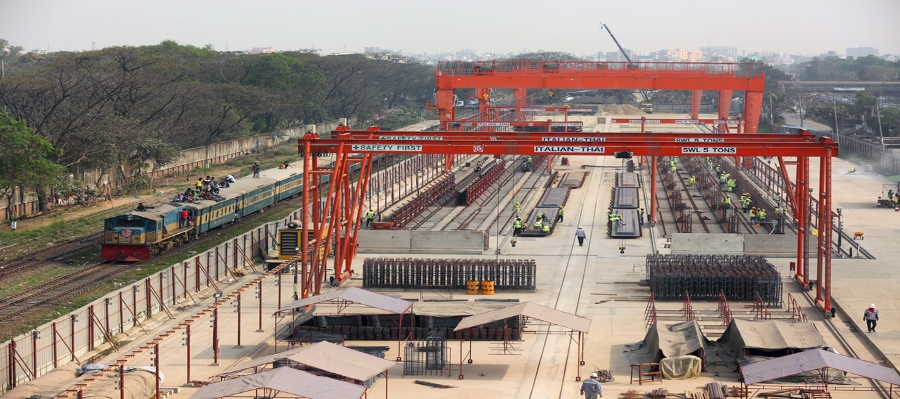
According to Shafiqul Islam (2022), Bangladesh can now be recognized as one of the Asian and Global developing countries both socially and economically. The country has already met the three fundamental requirements in the race to ensure sustainability in economic growth. The three goals include an increase in per capita income, human development by improving welfare and living standards, and the creation of a risk-free economy (Islam, 2022). The main approaches taken by the nation towards a sustainable economy include industrialization, innovation, diversification of exports, and duty-free imports. The government has helped promote private sectors and companies to create more jobs and increase employment opportunities. The various developments in technology and infrastructure such as roads and railways promote trade, enhance the supply chain, and generate revenue to support the state’s economic growth.
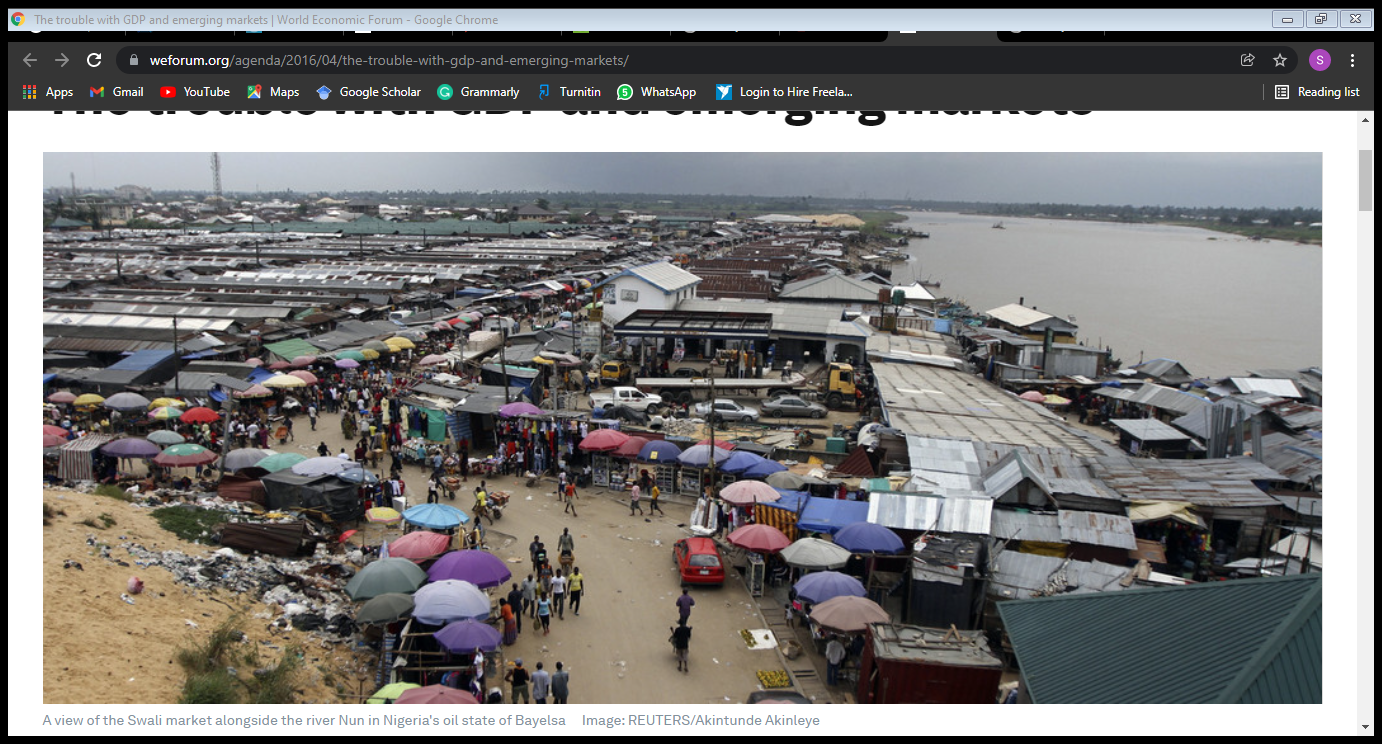
Africa is believed to have most of the poor third-world countries globally. However, most countries from the continent have been high on the top developing countries’ chart. The main crises facing African countries include food shortage, poor technology, and climatic changes leading to drought and famine, high unemployment rates, and limited natural resources. The Global Sustainable Development Goals and Vision 2030 have led to a great improvement in Africa’s economy (Coyle, 2016). The countries have majored in industrialization and building infrastructures to create a sustainable economy. The states governments have been actively supporting the approaches to creating jobs, increasing employment activities, and improving living standards to minimize poverty. Additionally, agricultural innovation has been keen on increasing food production to reduce food shortages in the region. Furthermore, some countries have been ensuring diversity in exports and reducing imports hence boosting the Gross Domestic Product.
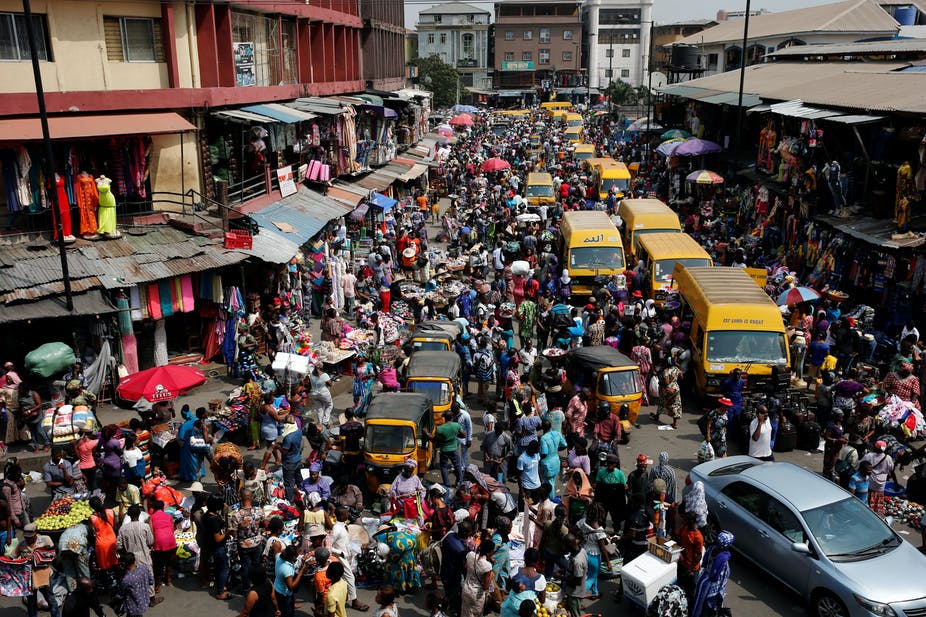
According to the Conversation (2017), many developing countries have been facing a crisis in human survival due to increased costs of unlimited daily needs. One of the countries is Panama, situated in Central America (Biswas & Hartley, 2017). Panama has been working hard to establish a sustainable economy despite being hit heavily by the Covid 19 pandemic. The main approaches that the country has been using include industrialization, urbanization, and globalization. This has boosted job creation and the increase in employment in the economy. The country has hired experts to conduct research and innovation on new and simple means of food production to reduce hunger and food shortage. The approach would be helpful to all in the future. Moreover, the country strictly works on the Global Sustainable Development Goals and Vision 2030.
Sustainability in Developed Economy
Developed countries have to adhere and comply with strict policies from law bodies such as the World Bank, and World Trade Organization, among others, to sustain their economy. The countries stay innovative to develop new inventions and ideas to promote economic growth. Also, they consider self-employment, globalization, industrialization, and urbanization to sustain the economic position. Innovation helps them compete with other developed countries, especially in development and global trade (Foster & Azmeh, 2019). The developed countries have currently been busy looking for sustainable, clean, and renewable energy sources. Most of them have established nuclear plants to produce green energy, while others have shifted to non-exhaustible solar energy. This would be helpful to the future generation as the countries continue to set up more industries. The improvised production methods would prevent hunger and food shortage for centuries since they are well established.
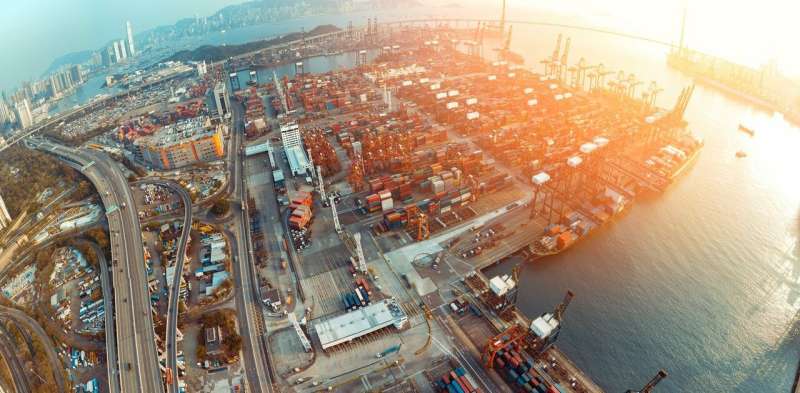
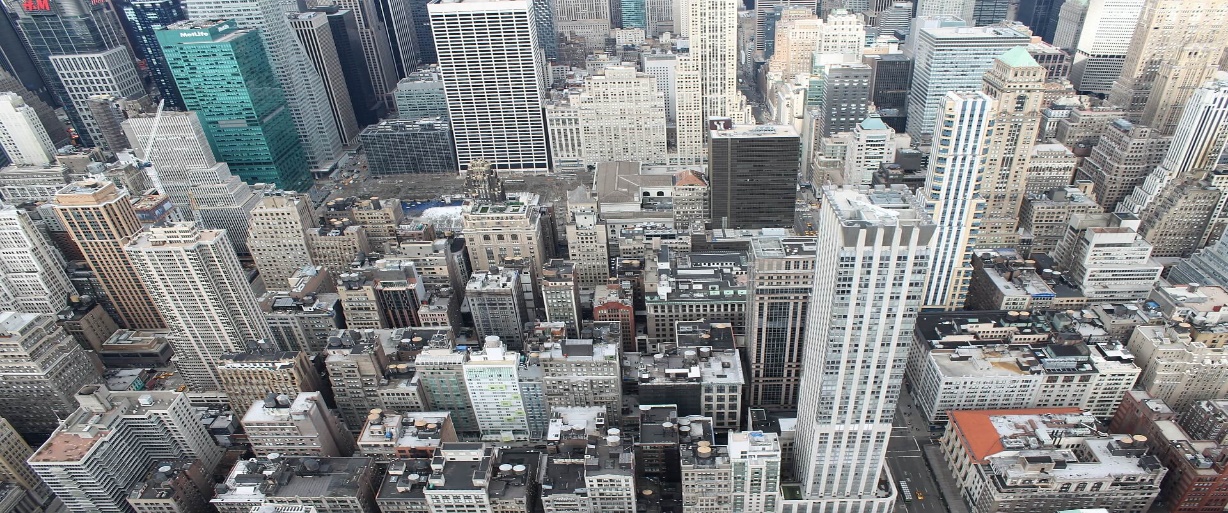
One of the biggest challenges facing individuals in developed countries is accumulating more wealth and maintaining high living standards. They are not afraid to take the increased systemic risks to participate in global trades and other high-risk businesses (Boyd, 2021). Individuals in developed countries have shifted to high-quality real-estate-housing and use digital services for shopping which is delivered instantly. The countries have shifted to electric cars to compact the shortage or oil crisis. They have also set up numerous power stations to generate enough energy to prevent a power crisis. In addition, digital advancement and innovation have helped develop sustainable high productive manufacturing and agricultural sectors.
References
Biswas, A. K., & Hartley, K. (2017). Developing countries could get sick before they get rich. Policy can help. The Conversetion: Web.
Boyd, B. (2021). DEVELOPED ECONOMIES AND WEALTH CONCENTRATION. Grayline: Web.
Consulting, P. (2018). Delivering innovation in a developing economy. ILCC: Web.
Coyle, D. (2016). The trouble with GDP and emerging markets. World Economic Forum: Web.
Foster, C., & Azmeh, S. (2019). Trade wars are growing over the digital economy – and developing countries are shaping the agenda. Web.
Islam, S. (2022). Developing Bangladesh: A new identity. Web.
Stafford-Smith, M., Griggs, D., Gaffney, O., Ullah, F., Reyers, B., Kanie, N. & O’Connell, D. (2017). Integration: the key to implementing the Sustainable Development Goals. Sustainability science, 12(6), 911-919.
